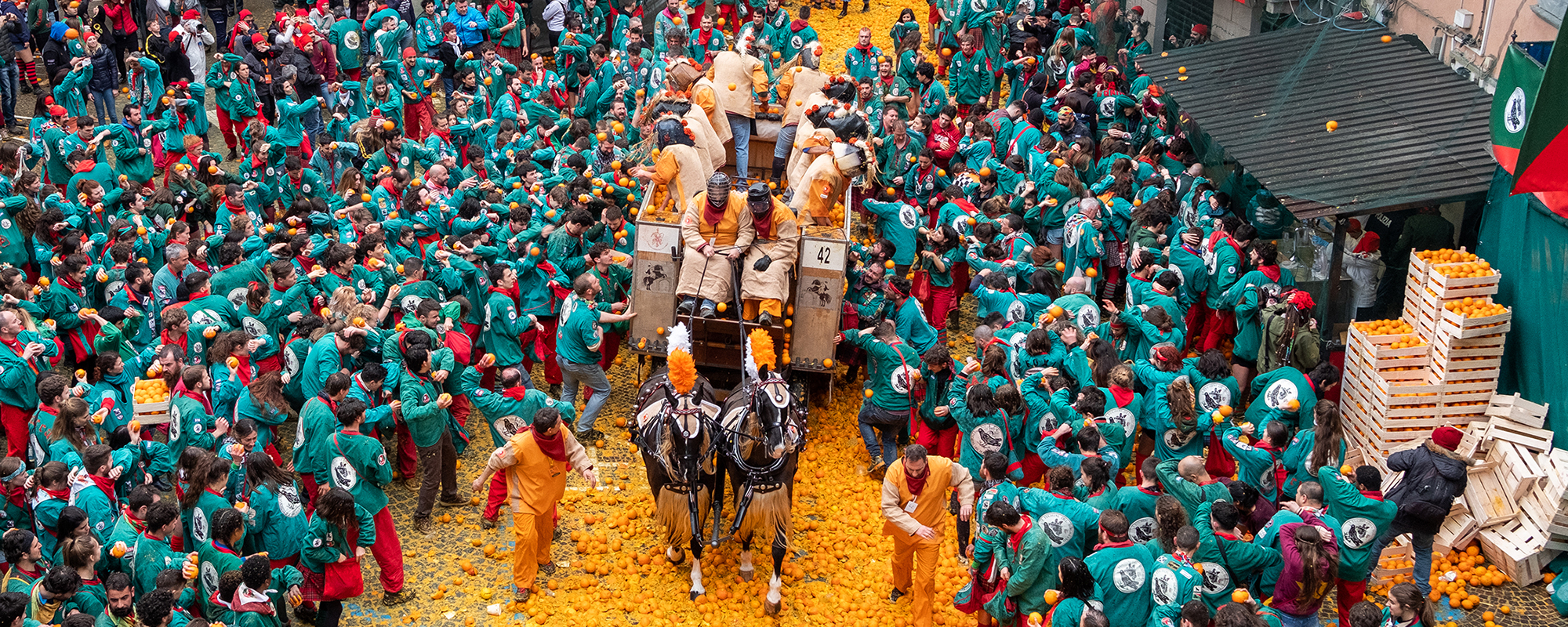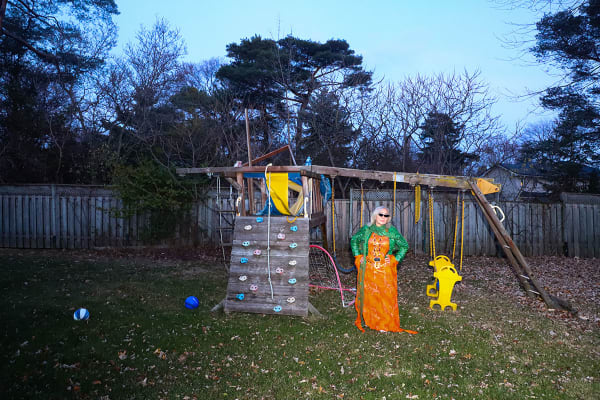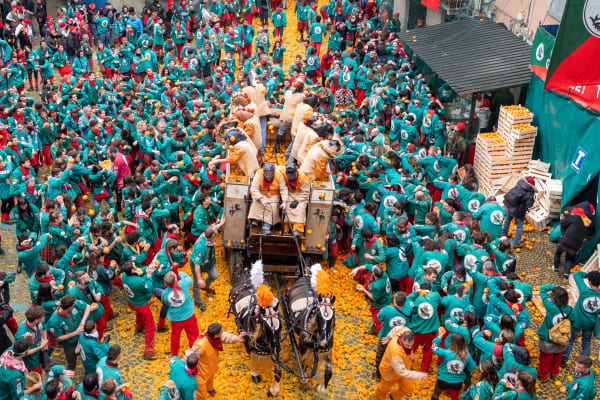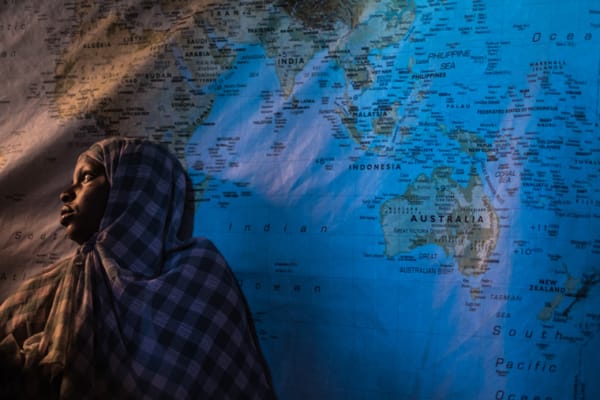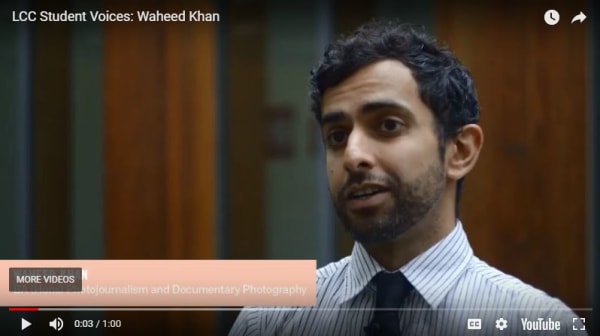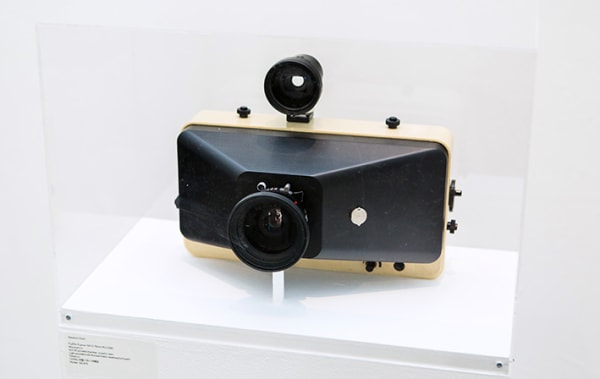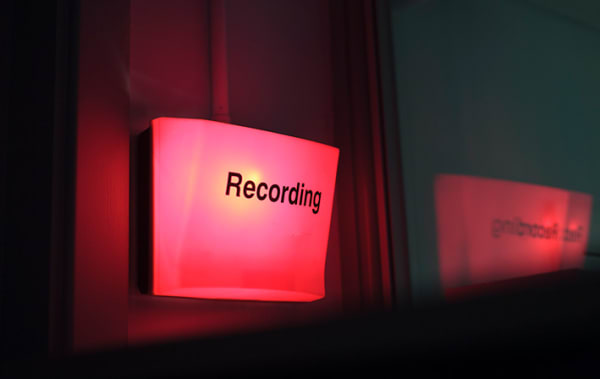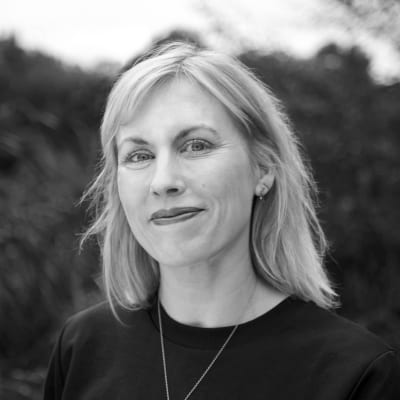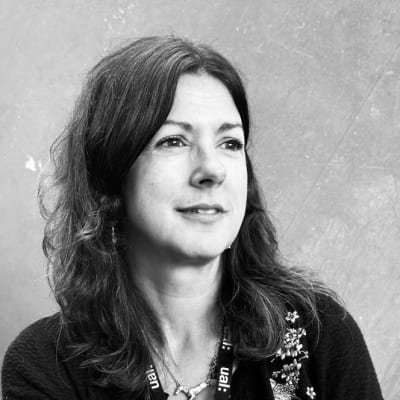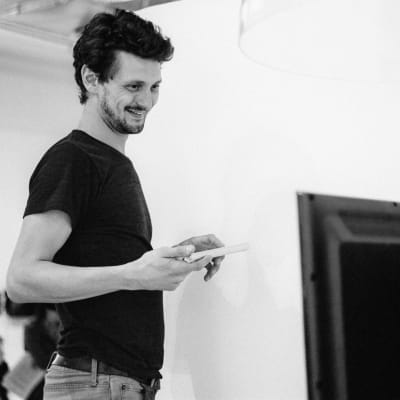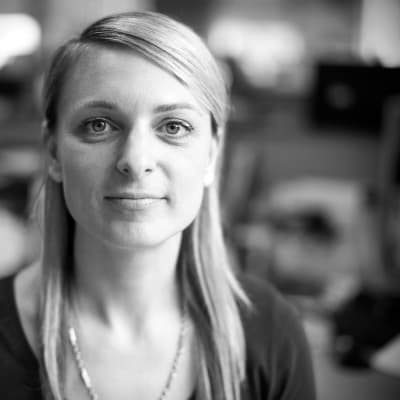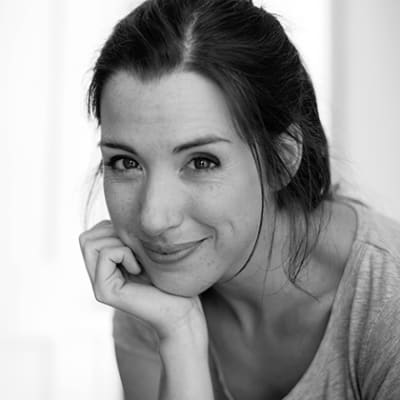Course units
UAL is committed to ensuring that its students’ knowledge and skills are set within a contemporary personal and professional ethical framework in order they may make positive impact in practice particularly in relation to the UAL Principles of Climate, Racial and Social Justice. The UAL Principles help to inform the course’s approach to ethical awareness and application in the curriculum leading to advocacy, mitigation and urgency in developed practice. Ethical behaviours and values are embedded in course aims and are assessed throughout.
In common with all courses at the University of the Arts London, this course is credit rated. The course is 3 years, levels 4-6. Each year requires you to achieve 120 credits. To be awarded the BA (Hons) Photojournalism and Documentary Photography qualification, you need to accumulate a total of 360 credits.
Year 1
During the first year, through a series of specially designed theory and practice sessions, you will learn about historical and contemporary photography practices and the key theoretical frameworks used to situate them.
You’ll be introduced to specialist photographic skills and creative methodologies in a supportive environment, to develop your curiosity and creativity. Throughout the course, there will be guest lectures from industry professionals, including professional photographers, artists, filmmakers, picture editors, curators, commissioners and more, giving insight into a range of photographic practices and providing a space to meet other photography students from across the programme at BA and MA levels.
Introduction to Photojournalism and Documentary Photography (20 credits)
This unit acts as an introduction to the course and to your subject specialism. Topics covered include effective learning and studentship at undergraduate level as well as introducing basic technical skills.
Multi-Platform Storytelling (20 credits)
This unit will introduce you to the skills and knowledge required to identify, research, shoot and edit a series of photographic images within the genre of documentary (or visual) storytelling.
Histories and Theories of Photojournalism and Documentary Photography (20 credits)
This unit introduces you to the key historical and social issues surrounding photojournalism and documentary photography from their earliest stages to the present day.
Collaborative Publication (20 credits)
This unit helps to develop the knowledge and skills necessary to produce a documentary storytelling project. It will examine contemporary ways of using images for storytelling and help you develop an understanding of visual and narrative structure.
Moving Image (20 credits)
This unit will train you in the skills of basic moving image/filmmaking within a photojournalism and documentary photography context. You will be supported by experienced tutors to develop the technical skills needed to produce a short film.
Media Ethics and Media Law (20 credits)
This unit will introduce media theories that underpin and help us to understand the role of communication systems, modes of representation and systems of meaning. You will learn about the main ethical structures that govern our work as photographers, including legal frameworks.
Year 2
As you move into Year 2, you will expand on your skills and start to develop your voice within your practice. Year 2 builds on the foundations established in Year 1, creating space for you to begin contextualising your own practice by working on more open and self-directed assignments via both practice and theory/written work. Towards the end of the year, you will be supported to create a Research Project proposal.
Contemporary Documentary 1 (40 credits)
This unit will help you to develop the theoretical knowledge and practical skills necessary to produce a documentary project and associated theoretical research. You will be encouraged to go beyond traditional narrative documentary approaches and to look at ways in which to disrupt expectations about storytelling and start to embrace experimental narratives and structures.
The Live Brief (Industry, Community and Collaboration) (20 credits)
The Live Brief unit provides a choice of stimulating conceptual and practical projects that will complement the core units of your course.
Contemporary Documentary 2 (40 credits)
In this unit you will further develop the knowledge and skills necessary to produce an in-depth documentary project and associated research. The unit is designed to encourage you to think holistically about the theoretical, philosophical and subjective aspects of documentary photography in relationship to the development of your own practice.
Reading and Writing Practice (20 credits)
This unit explores the practices of reading and writing within, around and about photojournalism and documentary photography. The unit culminates in the submission of a Research Project proposal, and you will also create an analytical reading journal that records and articulates your engagement with literature and other sources in a personal way.
Year 3
Year 3, the final stage, consolidates and develops your ability to direct and plan your own work by producing two substantial self-directed assignments – your Major Project, and your Research Project. You will also complete a Creative Futures unit, designed to prepare you in very practical ways for life after graduation.
All four Year 3 units are designed to enable you to sustain your practice in an individual way and take the next steps towards your career.
Major Project 1 (20 credits)
In this unit you will begin the exploratory process of researching and making visual work towards your final Major Project. You will begin to develop a written proposal, complete a risk assessment, and begin to make work that will be further developed in the Major Project 2 unit.
Research Project (40 credits)
Alongside your Major Project 1 unit, you will also research, produce, and present a substantial research project and further develop connections between practice and theory. This might consist of an extended written research project, an audio-visual essay with a written component, or a research-practice project with a written component: all of which you will work on with the support of specialist supervisors.
Major Project 2 (40 credits)
This unit requires the consolidation of your Major Project and its presentation in an appropriate form which will be negotiated with tutors and can encompass, for example, a portfolio of photographic prints, a documentary film, a multimedia piece, or a photographic book or ‘zine.
Creative Futures (20 credits)
This unit asks you to consider your future goals and how to best prepare yourself for your career after university. You’ll undertake extensive research into your chosen career field and, produce a creative identity package that supports your future goals.
Optional Diploma between Years 2 and 3
Between Years 2 and 3 of your course, you’ll also have the opportunity to undertake one of the following qualifications:
Diploma in Professional Studies (DPS) (Optional)
This optional diploma can be taken between years’ 2 and 3. With support from your tutors, you’ll undertake an industry placement for a minimum of 100 days/20 weeks. As well as developing industry skills, you’ll gain an additional qualification upon successful completion.
Diploma in Creative Computing (Optional)
Between years’ 2 and 3, you can undertake the year-long Diploma in Creative Computing. This will develop your skills in creative computing alongside your degree. After successfully completing the diploma and your undergraduate course, you’ll graduate with an enhanced degree: BA (Hons) Photojournalism and Documentary Photography (with Creative Computing).
